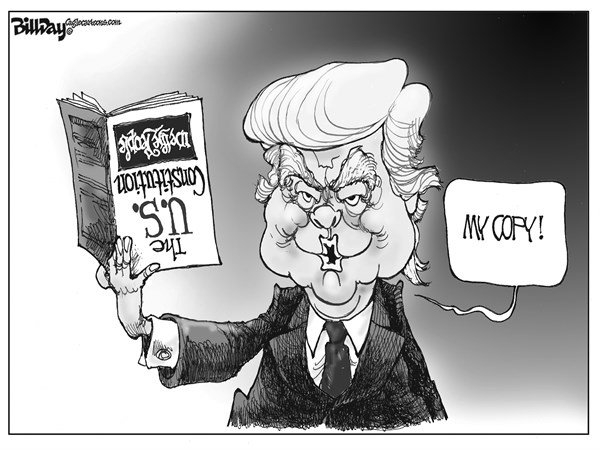
Be Wary of the US Senate’s Proposals for Preemptive Strike on North Korea
Chairman Corker's public proposal for a pre-emptive strike portrays how the U.S. perspective on North Korea is changing. This trend can also be seen in statements made by Trump’s Department of State and Department of Homeland Security. Secretary of State Rex Tillerson has never raised the alternative of negotiating through six-party talks, and Secretary of Defense James Mattis stated he would search for ways to destroy North Korean nuclear facilities with conventional weapons.* Even experts on North Korea have talked of military measures, such as sinking the nation’s submarines.
Some claim the U.S. should not completely rule out diplomatic means, but it is notable that talks of pre-emptive strikes on North Korea are rising around the same time the Trump administration has taken office. Part of it could also have to do with the fact that unlike the first crisis, where the U.S. had prepared a pre-emptive strike on North Korea, North Korea now possesses nuclear weapons and has reached the final stages of miniaturizing warheads and developing delivery vehicles.
South Korea has stated that it is willing to launch a pre-emptive strike if it becomes clear that the North is preparing a nuclear missile attack. On the other hand, the U.S. wants to remove North Korea’s nuclear missiles as a precautionary measure. If true, that is an extremely dangerous idea. South Korea will not agree to a reckless decision that could trigger a war, and the U.S. will have to abandon such military tactics without our consent.
Because the international community has decided to sanction North Korea, that is what we should continue to do for the time being. But putting one-sided pressure on North Korea can only strengthen the country’s need and validity for developing nuclear weapons. It can also create tension on the Korean Peninsula and endanger our security and economy. The purpose of the United Nations resolution is to pressure and encourage North Korea to open up to dialogue. We cannot forget that the purpose is to draw them to the negotiation table, and the Trump administration needs to figure out how to do that. It would be unthinkable for the U.S. to determine the fate of the Korean Peninsula through coercive means alone.
*Editor’s note: The six-party talks are a series of multilateral negotiations held intermittently since 2003 and attended by China, Japan, North Korea, Russia, South Korea and the United States for the purpose of dismantling North Korea’s nuclear program.


